Is cholesterol good or bad?
What is Cholesterol?
Cholesterol is found in our blood and is a type of fat (lipid). Cholesterol is needed by our bodies’ cells. Our body produces all the cholesterol it needs (mainly in the liver) but it can also be obtained from the food that we eat. There are Bad cholesterol (LDL) and Good cholesterol (HDL)
Too much of cholesterol causes a buildup in our arteries, which are the blood vessels that carry blood from the heart to the body. This causes a hardening in the arteries and is also known as atherosclerosis. The arteries involved will get narrow and this makes it difficult for blood to flow through it.
Cholesterol itself is not bad. It is needed for our bodies to function. However, too much of it is bad and can cause heart attacks and strokes (cardiovascular diseases).
Trials have shown that if we reduce LDL-C (a type of “bad cholesterol”) by 1 mmol/L, cardiovascular death reduces by 22%.
When to check for cholesterol?
The Malaysian Clinical Practice Guidelines on Cholesterol recommends all persons more than 30 years old to be screened. These individuals should have a complete lipid (cholesterol) profile done. (Total Cholesterol (TC), Bad cholesterol (LDL-C) ,Good cholesterol (HDL-C) and Triglycerides (TG)).
The presence of other Cardiovascular risk factors (blood sugar), blood pressure (BP), weight, smoking status, physical inactivity, family history, should also be determined and the individual counselled appropriately.
Individuals who are at high risk of developing cardiovascular disease should have a lipid profile earlier in life (> 18 years of age). This includes individuals with a family history of premature CVD, genetic dyslipidaemias, metabolic syndrome, diabetes mellitus (DM) and abdominal obesity.
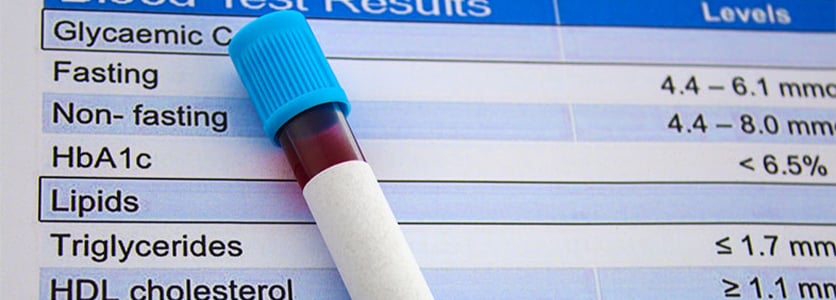
Tips to reduce cholesterol
1. Exercise
Exercise can help to lower our LDL (bad) cholesterol and triglycerides. Moderate exercise can help to raise our HDL (good) cholesterol. Do try to have 150 minutes a week of moderate aerobic or 75 minutes a week of vigorous aerobic exercise. Suggested exercises are brisk walks, cycling, swimming, playing sports. In times of MCO when we are confined indoors, High intensity interval training (HIIT) is a good exercise regime which does not require much space, time or equipment. It is important to do an exercise you enjoy and look for a partner to join in. That will help keep you on track to exercise.
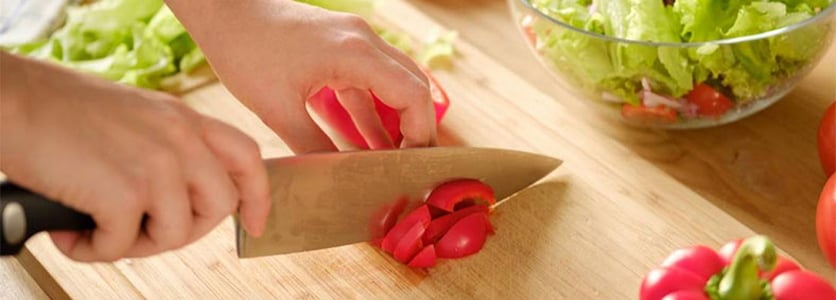
2. Eat heart healthy foods
Reduce foods with saturated fats. Red meat and dairy products are high in saturated fats. This will increase our total cholesterol and LDL (bad) cholesterol. If we want to eat red meats, then choose leaner cuts of meat, low fat dairy and monounsaturated fats.
We should also reduce trans fat. Trans fat reduces good cholesterol and increases bad cholesterol. Trans fat is found in fried foods and commercial products like frozen pizza, cookies, crackers and cakes. Read the labels on the packaging, “partially hydrogenated oil” is also trans fat.
Try to eat foods rich in omega 3 fatty acids. Although Omega 3 fatty acids do not have an effect on LDL (bad) cholesterol, they do increase HDL (good) cholesterol. However, there are studies that show that Omega 3 fatty acids do not have much effect on the rate of cardiovascular events.
Increase the intake of soluble fibre like fruits, oats and oat bran, vegetables, beans and lentils. These help reduce LDL (bad) cholesterol. Research shows that people who eat 5g to 10g of oats saw a drop in their LDL.
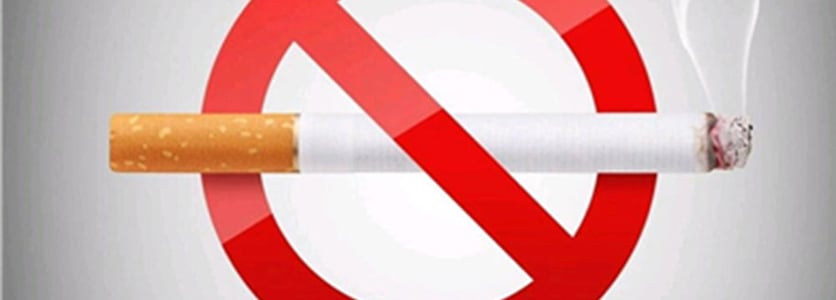
3. Quit smoking
If you smoke, do stop. This might increase your HDL (good) cholesterol. Quitting smoking is also very important to reduce your overall risk of heart disease. Within one year of stopping smoking, your risk is half of that of a smoker. After 15 years of stopping smoking, your risk is similar to someone who has not smoked before.
4. Lose weight
Losing weight is an important step for our general well being. Losing as little as 5% of your body weight would decrease LDL cholesterol levels. It also could result in a drop in blood pressure and sugar levels.
Try to achieve Body Mass Index (BMI) <23 kg/m2 or at least 5-10% reduction in body weight over 1-2 years.
Do look into your eating habits and daily exercise routine.
5. Drink alcohol only in moderation
If you do drink alcohol, do drink in moderation. For healthy adults, this means not more than one drink a day for females of all ages and men older than 65, up to 2 drinks a day for men below 65 years old. Too much alcohol could lead to other serious problems like high blood pressure, heart failure and strokes.
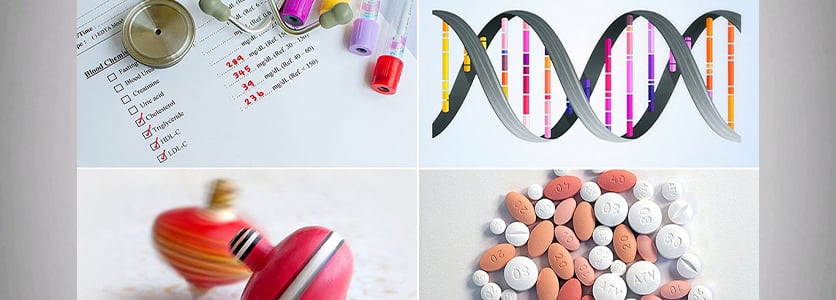
6. Do take your medications if prescribed
If you are taking medicines to lower your cholesterol, do take them regularly. Lowering cholesterol will lower your risk of cardiovascular diseases. We cannot cure cholesterol but we can manage it. Stopping medications will result in our cholesterol levels rising and therefore our risk of cardiovascular diseases rises as well.
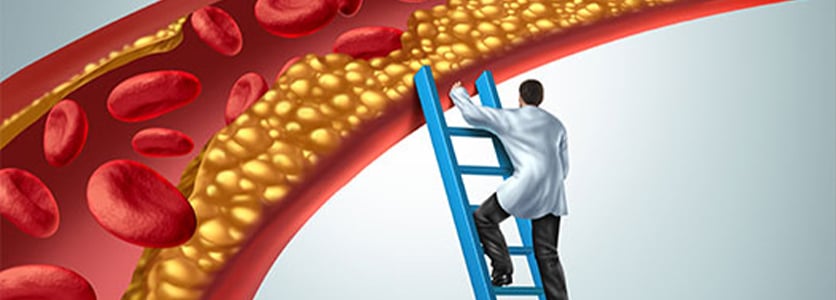
7. Do have regular checks with your doctor.
Cholesterol is not the only risk factor for cardiovascular disease. We should check for other risk factors as well and manage them too.
Answers to common cholesterol questions
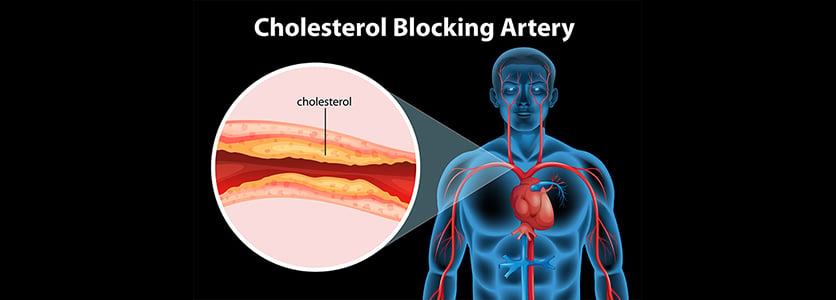
1. Do only fat people have high cholesterol? What about thin people?
Unfortunately, while people who are overweight are more likely to have high cholesterol levels, thin and skinny people can have high cholesterol levels too. Regardless of weight, we should have our cholesterol checked regularly.
2. Can medication reduce cholesterol?
Yes. While not everyone will need to be on cholesterol lowering medicines, medication is effective in reducing LDL (bad cholesterol).
3. Can supplements reduce cholesterol?
Unfortunately, while supplements may help to reduce cholesterol, they are not a replacement for medications.
Fish oil supplements – It may be useful in the treatment of elevated triglycerides. Fish oils is not a replacement for statins in the treatment of elevated LDL-C.
Co- enzyme Q10 -No definitive evidence to support the use of Co-enzyme Q10 on the reduction of cholesterol level and primary prevention of CVD.
Red yeast rice – Red yeast rice contains substances that are similar to statins. However, unlike statins, there is no data on its long-term safety.
Garlic – Natural Medicine Comprehensive Database recently downgraded garlic to a rating of “Possibly ineffective”. Garlic can also cause drug interactions and increased risk of bleeding
Apple cider vinegar – There is no evidence at present for cardiovascular protection.
Virgin coconut oil or coconut oil – The use is not supported by scientific evidence when taken on its own. It worsens the cholesterol profile., increases total cholesterol and LDL and HDL.
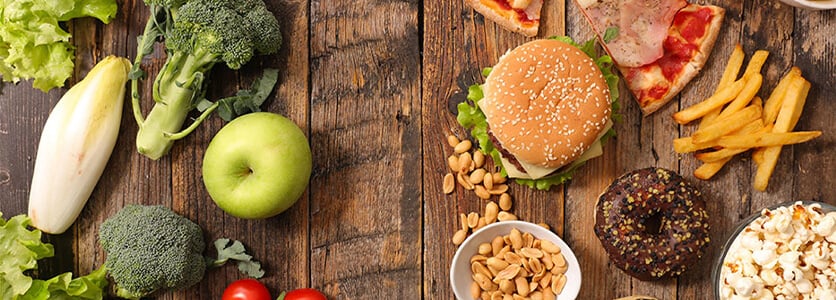
4. Can cholesterol lowering drinks reduce cholesterol?
Sterols and stenols are plant-based chemicals that are similar in size and shape to cholesterol. They are absorbed into the blood stream and prevents cholesterol from being absorbed. This lowers cholesterol in the body.
Although we get sterols from plant-based foods like vegetable oils, nuts, seeds, whole grain, fruits and vegetables, they are generally not enough to lower cholesterol. Food companies have developed foods with plant stenols added to them such as yogurt drinks, milk and fat spreads.
However, they are not effective enough to replace medications (if you need medications based on your cholesterol levels and risk).
5. How fast can cholesterol levels be reduced?
Usually, with diet and exercise, we would expect changes in cholesterol levels in 3 to 6 months.
Are you experiencing any symptoms of high cholesterol? Take up a heart screening package for early detection and consult our best cardiologists in Columbia Asia for advice.
Share:
Was this article helpful?
Share:
Was this article helpful?
Health Packages
Elevate your health with tailored health packages at Columbia Asia Hospital. Take charge of your health journey today.

